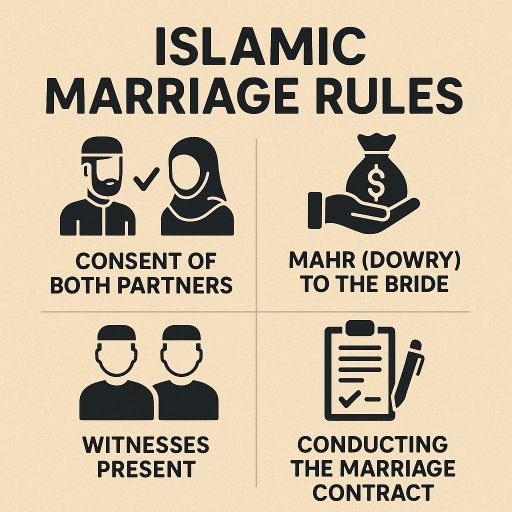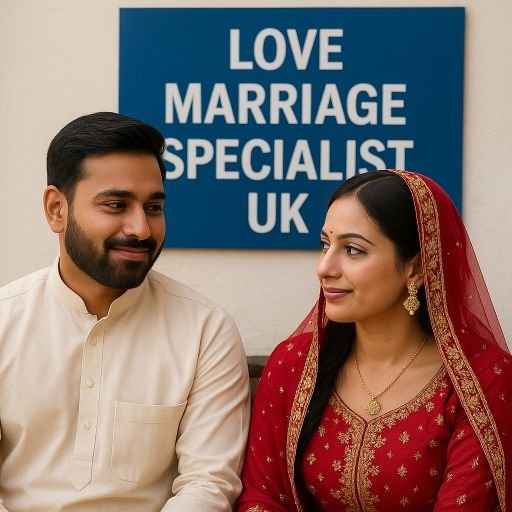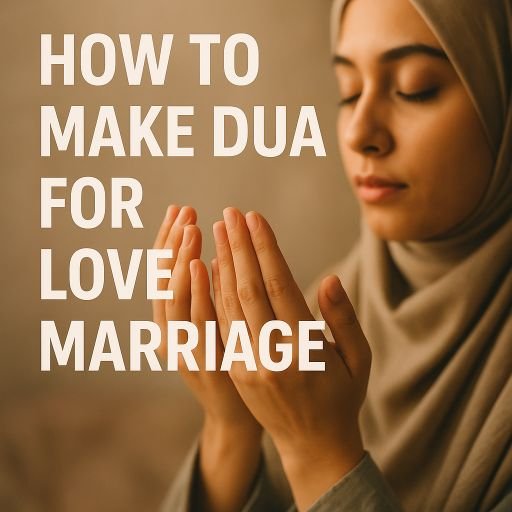I still remember the moment I sat in the back of a little mosque hall, my heart racing, as my cousin and I watched the nikāḥ ceremony unfold. The air was warm with incense. He was sweating just a bit. She, perfectly calm. Everyone else seemed to already know the script. And there I was, scribbling mental notes—and trying to quiet the inner voice whispering, “Does this really apply to me one day?”
That’s when I realised: when you’re looking at the topic of Islamic marriage rules, it isn’t just a checklist of “do’s” and “don’ts”. It’s a deeply personal, sometimes messy, but beautiful human story. This post is for you—whether you’re engaged, thinking ahead, or just curious. I’ll walk you through the core rules, in plain English, with a little humour and honesty thrown in. Because let’s face it: adulting is hard enough without the added confusion of formalities.
What are we talking about when we say Islamic marriage rules?
When I first looked into it, “rules” sounded strict, unhelpful. But actually, many of the guidelines are there for protection, clarity and dignity. In Islam, marriage isn’t just a social event—it’s a contract, a relationship of rights and responsibilities. 3DJB+2Brandeis University+2
Here are the major points. I’ll break them down one by one so you don’t feel like you’re reading a textbook.
1. Free, willing consent from both parties
Yes, you read that correctly. Both bride and groom must give their consent—no forced marriages. IQRANetwork+2About Islam+2
Imagine you say “yes” but you’re thinking “ugh I guess I have to”. That’s not it. The spirit is more like: “Yes—I’m ready, this is right for me.”

2. Valid contract and terms
In Islam, marriage means a contract (called nikāḥ). It includes certain agreed-terms like the mahr (a gift from the groom to the bride). Wikipedia+2Legalkart+2
Why does this matter? Because it sets things clear: rights, expectations, mutual understanding.
3. A guardian (walī) and witnesses
Usually, a woman’s guardian (often her father or another male relative) plays a role, and there need to be witnesses present when the contract is completed. About Islam+2Wikipedia+2
Think of it like a ceremony with checks and balances—not just for show, but to ensure everyone understands what’s happening.
4. Prohibition of marrying those who are forbidden (close relatives, etc.)
There are clear rules about who you can’t marry (for example siblings, certain close relations). Wikipedia+1
It’s not meant to be limiting, rather protective of family and lineage integrity.
5. Rights and responsibilities after the ceremony
Once the marriage is in place, it comes with daily life: believing in fairness, kindness, support. The Quran says spouses are a source of tranquillity for each other. Wikipedia+1
In plain language: it’s not all roses and fairy dust—but there is a purpose, a mutual journey.
Why these rules matter (yes, even if you groan)
- They help avoid misunderstandings.
- They safeguard the dignity and rights of both parties.
- They anchor the marriage in faith and shared values (not just “we’re dating and see what happens”).
I’ll admit—I once rolled my eyes a little when I heard “mutual consent” in a cultural setting where anyway I knew people would feel pressured. But knowing it’s required helps me understand that yes, you do have a say.

Some common questions (just between us)
Q: What about marrying someone from a different faith?
A: In many schools of thought, a Muslim man may marry a woman from “People of the Book” (Christian or Jewish), but a Muslim woman marrying a non-Muslim man is more restricted. Wikipedia+1
Q: Can the bride say no, even if her guardian says yes?
A: Yes—her consent is essential. The guardian’s role doesn’t rightfully override her will. About Islam+1
Q: So is it rigid old-school or can you tailor it to modern life?
A: You’ll definitely find variation in how the rules are applied—some cultural, some strictly religious. The core is there; how you live it may differ.
Real-life scenario: you’re exploring marriage and you’re thinking “What do I do?”
- Sit down, talk openly. “Do we both truly want this?”
- Discuss what you expect: hosting, finances, future kids, roles.
- Ensure all formalities are in place: contract, witnesses, mahr.
- (And yes—even in a modern UK context: don’t skip the paperwork.)
- Remember: this isn’t just a formality. It sets the tone.
A word on vibe: honesty over perfection
There’s something humble about recognising you don’t have it all figured out yet. Maybe you’re not the best with financial planning. Maybe you get impatient. That’s okay. These rules don’t demand perfection. They invite clarity.
I once overheard a groom whisper to his bride during the ceremony: “I’m not perfect—but I’ll try.” The bride smiled and squeezed his hand. And I thought: there’s the heart of it.
Final thoughts
So, if you’re reading this because you’re wondering about the Islamic marriage rules, know you’re not alone. You’re not expected to be flawless. But you are expected to walk in with your eyes open, your heart willing, and your faith for company.
In short: consent, contract, clarity, mutual respect. Those aren’t just rules—they’re promises. To each other, and to something bigger.
If you like, I can pull together a check-list or downloadable guide you can use (for weddings, engagements, or just planning ahead). Do you want that?






